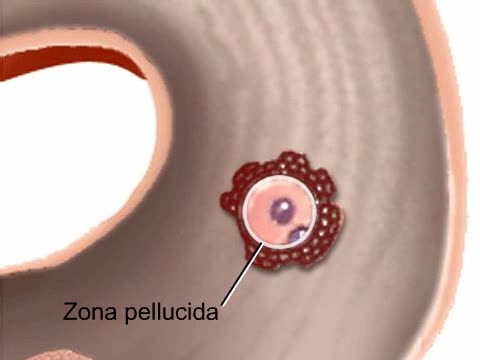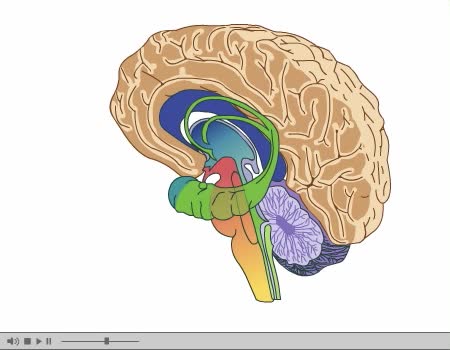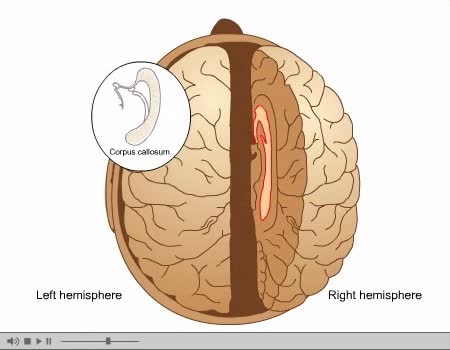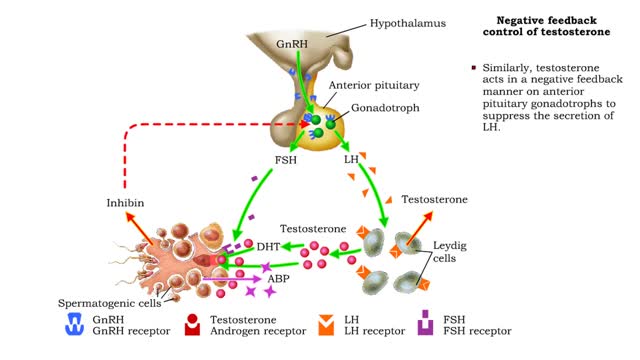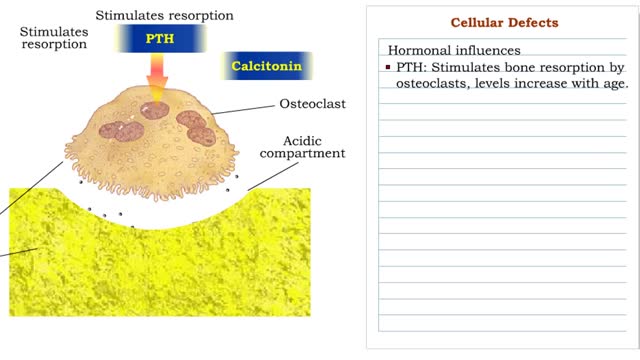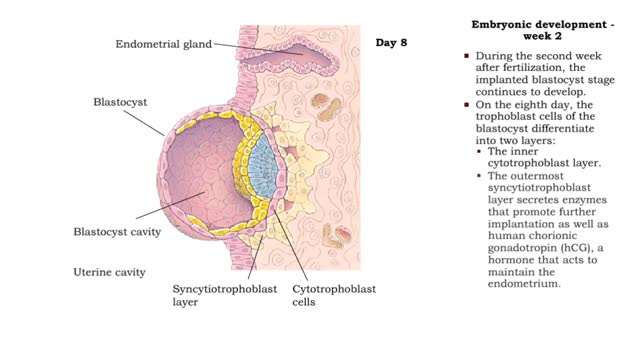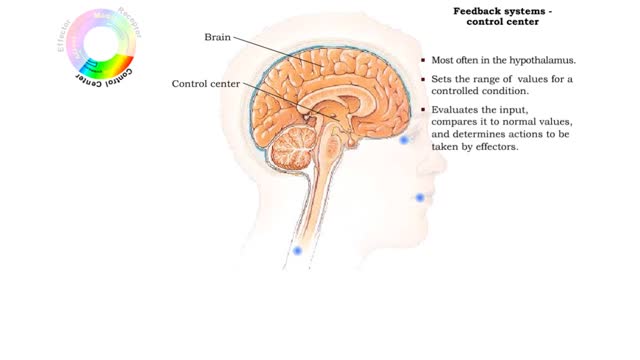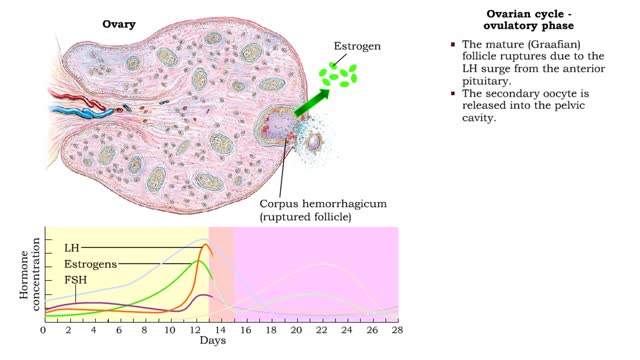Search Results
Results for: 'Blood Pco2'
By: Administrator, Views: 570
At conception, the gender and other biologic traits of the new individual are determined. The zygote is genetically complete and immediately begins to divide, forming a solid mass of cells called a morula. When the developing embryo (stage of development between weeks 2 and 8) reaches the ute...
Brain Anatomy Animation (Part 2 of 2)
By: Administrator, Views: 15671
Its nervous tissue consists of millions of nerve cells and fibers. It is the largest mass of nervous tissue in the body. The brain is enclosed by three membranes known collectively as the meninges: dura mater arachnoid pia mater The major structures are the: cerebrum cerebellum dienc...
Brain Anatomy Animation (Part 1 of 2)
By: Administrator, Views: 14796
The human brain is the central organ of the human nervous system, and with the spinal cord makes up the central nervous system. The brain consists of the cerebrum, the brainstem and the cerebellum. It controls most of the activities of the body, processing, integrating, and coordinating the infor...
Male Reproductive System - Testosterone
By: HWC, Views: 11933
• Under the influence of FSH and testosterone, Sertoli cells produce androgen-binding protein (ABP) that binds to testosterone and maintains high levels of the hormone near spermatogenic cells. • Testosterone stimulates the final stages of spermatogenesis. • In addition, testosterone is...
Cellular Defects - Osteoblasts, Osteoclasts and Osteocytes
By: HWC, Views: 10971
■ Metabolically active bone-building cells that secrete astroid. ■ Cover surfaces of newly formed bone and respond to growth stimuli ■ Less responsive to growth factors as the body ages. ■ Contribute to hone loss once their reproductive and biosynthetic potential lessens....
Embryonic development - week 1 and 2
By: HWC, Views: 11352
The first through eighth weeks after fertilization are called the embryonic. Week 1 • Within a day, the zygote begins mitotic cell division (cleavage) forming blastomeres. By the 4th day, the blastomeres have formed a solid ball called a morula. • The morula enters uterine cavity ar...
Component of feedback systems & Communication and regulation of body systems
By: HWC, Views: 11539
• Primary responsibility for communication and regulation in the body is shared by the nervous and endocrine systems. • The two systems work alone or together in specialized physiological processes called feedback systems to maintain homeostasis. • Feedback systems - or loops - are ...
Predator- prey competition and symbiosis
By: HWC, Views: 11140
Predator-prey relationships occur when one species, the predator, kills and eats an organism of another species, the prey. This graph shows the cyclical nature of predator-prey relationships, in this case among populations of Canada lynx and snowshoe rabbits. If predation is without some li...
By: HWC, Views: 11720
• The ovarian cycle is a monthly sequence of events, consisting of three phases: • Preovulatory • Ovulatory • Post ovulatory Preovulatory phase • prior to ovulation: Primary follicles develop into secondary follicles. • Follicular cells surrounding the primary oocyte In...
Advertisement



